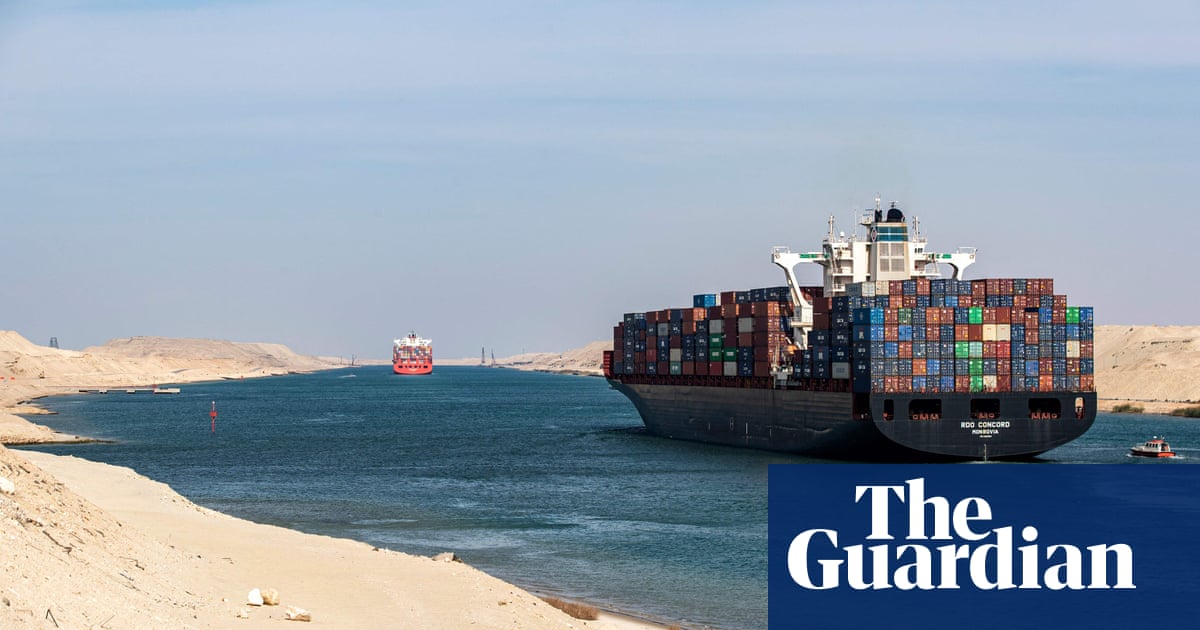
International Monetary Fund (IMF) chief Christine Lagarde departs in September ahead of her expected confirmation as head of the European Central Bank, one of the eurozone’s central pillars responsible for its currency and the EU’s monetary policy. She will succeed Mario Draghi on Nov. 1, in a move that many welcome given Lagarde’s extensive experience in law, government, international finance and diplomacy.
Nevertheless, her appointment to the IMF in 2011 was not without its critics. The 189-member IMF (with its sister organization, the World Bank) was created at the end of the Second World War to foster global cooperation in finance, trade and monetary policy. It has always had a European director, while the World Bank is always headed by an American. However, this understanding between Europe and the US has faced criticism in recent years.
The criticism is not without merit. Times have changed since the end of the Cold War. China’s economy is on track to overtake that of the US as the world’s largest by 2030. India has already overtaken France and is predicted to displace the UK in 5th place. The GCC is 7th, and continued growth will probably propel the region through these ranks as well. In short, the global financial landscape is far more diverse than before, and the institutions and instruments charged with its stability must also reflect these shifts by becoming more transparent and inclusive, from leadership to crisis management.
When Lagarde was appointed, the US had just suffered a financial crisis that led to the collapse of major financial institutions and sent shockwaves across the world, and the EU had been neck-deep in a sovereign debt crisis since the end of 2009. While Lagarde helped to douse these fires, to the world at large the IMF had failed to rein in ill-conceived expansionary fiscal policies in Washington, which were largely responsible for the global downturn after 2008. Worse, while the developed world had sufficient leeway to maneuver out of the crisis via quantitative easing, negative interest rates and bail-outs of financial institutions, the developing world had to contend with punishing austerity measures that bred political instability, economic uncertainty and social unrest.
International Monetary Fund (IMF) chief Christine Lagarde departs in September ahead of her expected confirmation as head of the European Central Bank, but her appointment to the IMF in 2011 was not without its critics.
Hafed Al-Ghwell
Unfortunately, Lagarde’s leadership has not led to marked changes in how the IMF conducts its business. Critics point to the use of loans as a policy tool, with intrusive conditions that often compromise the economic sovereignty of recipient countries, and the IMF’s stubborn imposition of policies that run counter to the distinct characteristics of such countries, making them difficult or counter-productive to implement. The global south remains catastrophically under-represented in the IMF’s leadership, and the selection of the new chief is an opportunity to remedy this. Other changes may require a drastic revision of the Fund’s foundational principles, which will inevitably be opposed by Washington, not just because the IMF is an important foreign policy tool; it is also a matter of pride and prestige.
The global economy has clawed back losses from a decade ago and grown, albeit sluggishly, during Lagarde’s tenure. However, new challenges have emerged, such as the Trump administration’s preference for bilateral trade agreements, its use of tariffs as a tool of negotiation and the exercise of undue pressure on the Federal Reserve to ease interest rates despite low unemployment and low inflation. Elsewhere, fears of espionage, trademark theft and forced technology transfers also threaten global technology supply chains and, by extension, the world economy’s precarious growth. There are also new concerns of a potential no-deal Brexit, with new UK Prime Minister Boris Johnson promising to leave the EU by Oct. 31, with or without an agreement.
In Europe and the Americas, the rise of alt-right ultra-conservatism and the spread of nativist race-based politics threaten to undo decades of global multilateralism fostered by the IMF and the World Bank; this new age that frowns at equality, increased global engagement and economic parity is a particularly frustrating problem for such intergovernmental institutions.
It is not part of the IMF’s mandate to police the changing politics within member nations, yet the changes in government in these politically-charged environments can destabilize the careful compromises in complex global financial systems that are the backbone to the world economy. For instance, policies that could emerge from legislative bodies dominated by the extreme right are likely to pursue less multilateral trade in favor of lopsided bilaterals; less international cooperation in favor of domestic needs; less aid for the developing world, and a return to 19th century protectionism. Such a climate will affect how the IMF is funded and how it will operate, and may even lead to its being dismantled if member states became more insular.
It is therefore crucial that the incoming IMF director walk a thin tightrope, which demands placating some critics and staying clear of the contagion from nativism, while fulfilling the Fund’s crucial role as a steward of the global economy and financial system.












